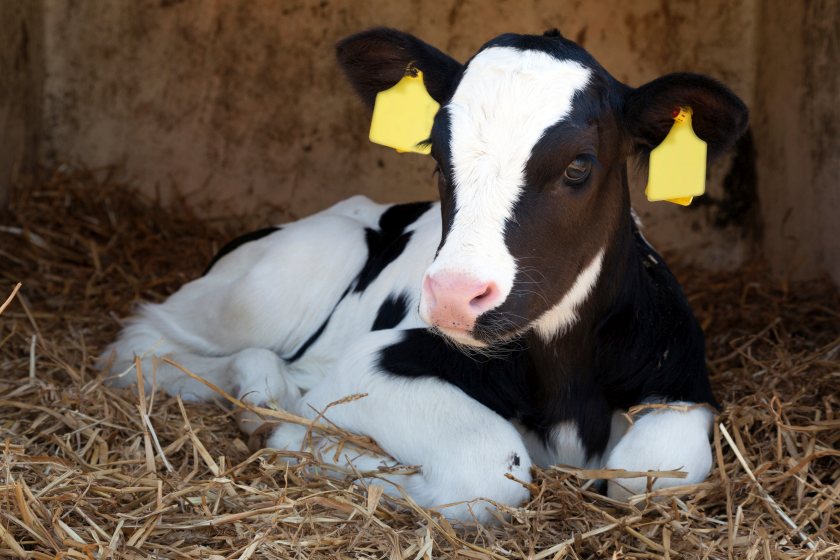
Vets are being urged to reconsider how they manage calf scours, or diarrhoea, in light of new evidence showing a big rise in resistance to an important antibiotic.
Resistance to paromomycin has increased sharply, with 72% of E.coli isolates found to be resistant in 2024, up from 48% in 2021.
The findings, from the March 2025 Cattle Highlights Report from the Royal GD in the Netherlands, mark a worrying shift in antimicrobial resistance (AMR) trends.
The report also highlights a concurrent rise in the detection of cryptosporidiosis in calves under 14 days of age.
While it remains unclear whether paromomycin is being used more frequently for E.coli or for cryptosporidiosis, experts warn that increased exposure could be driving resistance in E.coli K99.
Dr Kat Baxter-Smith, veterinary advisor at MSD Animal Health, cautions against the routine use of antibiotics, especially across entire herds of youngstock.
“Paromomycin is often used as a matter of routine, but when it is applied extensively, it could worsen the issue of antimicrobial resistance,” she says.
“What we need now is a mindset shift—moving away from routine antibiotic use and towards a more robust, preventative management strategy.
"It’s not about eliminating treatment altogether but using it only when it is really needed.”
Dr Baxter-Smith underscores the importance of a proactive approach centred on prevention and vaccination as the most effective strategy for controlling neonatal calf diarrhoea.
“Vaccination, clean pens, and ensuring that every calf receives the right volume and quality of colostrum are the real cornerstones of effective scour control,” she explains.
“Using vaccines such as Bovilis® Rotavec® Corona for rotavirus, coronavirus, and E.coli, and Bovilis Cryptium® for Cryptosporidium parvum, is one of the most effective ways to reduce the incidence of neonatal diarrhoea.
"By vaccinating the dam, we ensure the calf has the best possible immunity at birth by ingesting the fortified colostrum and transition milk in the first days of life.
"This significantly reduces reliance on antibiotics and minimises disease risks.”
However, Dr Baxter-Smith emphasises that vaccination cannot replace good management practices.
“If we’re serious about calf health and tackling antimicrobial resistance, we need to make preventative care a non-negotiable priority,” she adds.
The report also highlights several best-practice principles for effective scour prevention.
Key steps include giving calves clean, high-quality colostrum within two hours of birth, maintaining dry, well-ventilated housing to limit pathogens, and managing dry cow transition to improve colostrum quality and immunity transfer.
It further recommends strategic vaccination of the dam using proven vaccines to strengthen maternal immunity and safeguard calves.
For treating cryptosporidiosis specifically, the report recommends halofuginone (Halocur®) as the first-line option due to its targeted action and lower risk of contributing to AMR.
Dr Baxter-Smith concludes: “Vets and farmers can take a crucial step towards safeguarding calf health, reducing reliance on antibiotics, and combating the growing threat of antimicrobial resistance.”
